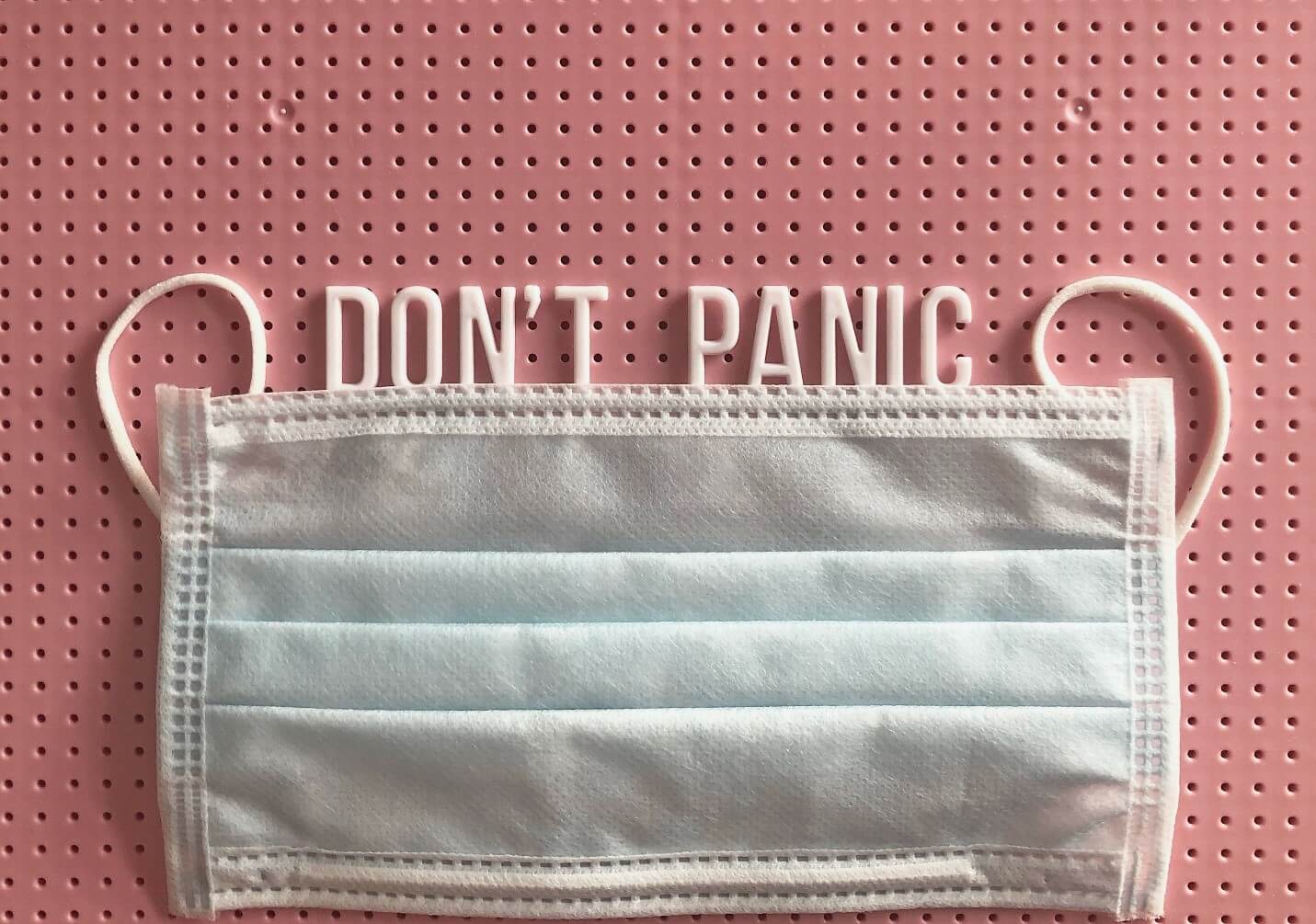The unfortunate onset of COVID-19 led to a series of problems. While most people struggled to keep their physical health in prime condition, others had to deal with the negative mental impact that the pandemic made on their lives.
Plus, the pandemic brought a wave of uncertainty on how we approached lives. It altered daily routines, compelled us to move away from social interactions, and led to a financial crisis that turned our lives upside down.
Information overload, whether it was rumors or misinformation, has made us feel like we’ve lost control of our lives and have no closure on what’s next. And that’s not all.
Let’s look at seven significant factors that have contributed to an increase in mental health post-COVID.
1. Prolonged Anxiety

It’s been more than three years since the pandemic struck the world, instilling fear into every person’s heart. Although lockdowns and restrictions have completely eased in places, and up to 81% of people in the U.S. have been fully vaccinated, fear and anxiety still linger in our hearts.
Anxiety is one of the long-term symptoms of post-COVID syndrome (PCS), a recently identified diagnosis. It has overlapping symptoms with other mental health conditions like obsessive-compulsive disorder (OCD), post-traumatic stress disorder (PTSD), and pain disorders.
Post-COVID anxiety symptoms may include fear of crowds, difficulty concentrating, and withdrawal from loved ones.
2. Loneliness and Social Isolation

The pandemic fostered feelings of loneliness and social isolation, which frequently co-occur. Loneliness is mostly subjective, while social isolation is defined by the frequency of one’s social interactions.
Both of these can exert a detrimental effect on health through different and same pathways. After COVID, there was significant stress experienced by individuals. Depression, anxiety, and sleep disturbance were some common symptoms resulting from feelings of isolation.
It’s still important to look out for symptoms like compulsive behavior, irritability, and anger, as the experiences of social isolation due to quarantine may bring back post-traumatic stress disorder symptoms.
3. Disruptions to Daily Routine

The COVID-19 pandemic changed the course of how we spend our lives. It upended much of society in unprecedented ways. The border closures, lockdowns, travel restrictions, and other disruptions affected consumption patterns, labor markets, and economic activities all around the globe.
Daily routines differ in their impact on mental health. For instance, primary routines are behaviors that are necessary for livelihood, such as hygiene, eating, and sleeping. Secondary routines depend on individual circumstances, motivations, and preferences, such as exercising, working or studying, etc.
The pandemic affected both of these routines, making it difficult for people to return to their pre-COVID lives.
4. Financial Pressures

In 2020, 114 million people lost their jobs. This led to an exponential increase in psychological distress as more people worried about their future and the direction the pandemic would take them.
The effect of psychological distress also has a strong correlation to higher levels of financial stress. As more people lose their jobs, their worries about the future increase, creating high levels of anxiety.
5. Aggravation of Pre-existing Mental Health Conditions

The measures taken to control the pandemic, such as social distancing, isolation, and other extended restrictions, were imminent to control the rising cases of COVID patients, but its impact on existing mental health cases has been severe.
Some studies show that elderly people with cognitive disorders experience worsening neuropsychiatric symptoms such as aberrant motor activities, anger, and apathy.
Post-COVID, people with eating disorders also reported an increase in eating disorders. So, overall, people with pre-existing mental illnesses experience high levels of depression, stress, and anxiety as a direct outcome of the pandemic.
6. Disruption in Mental Healthcare

The crisis even had a drastic effect on how mental problems were treated. With hospitals and clinics solely focusing on treating COVID patients, the pandemic halted critical mental services in 93% of counties around the globe.
However, the pandemic did also have some positive effects. The isolation from the outside world helped families reconnect while helping them mentally.
Some people might have taken their parents or grandparents for granted, but after being separated from them for so long, they appreciate how valuable it is to spend time with their families.
7. Post-Pandemic Grief

Despite the fading memories, the pandemic left a mark on several people who lost family members and close ones as a result of the pandemic.
The effect on mental health as a result of losing someone close, looking at them going through tough health conditions when battling the pandemic, and eventually losing them has a major impact on your mental health, contributing to feelings of anxiety, depression, and trauma.
So, it’s crucial to know how to process these emotions and understand that while the grief may never leave, you’ll just have to process the complex emotions.
Conclusion
The pandemic has left a lasting imprint on people worldwide. Anxiety continues to hurt many, even as restrictions fall away and vaccination rates rise.
Loneliness and social isolation have also taken a toll, leading to feelings of depression and sleep disturbances. These have further compounded the mental strain, making it difficult to return to normalcy.
However, the pandemic also made us realize that not only our physical health but our mental health is equally as important. And that is a win in itself.








hi
Good write-up, I?¦m normal visitor of one?¦s web site, maintain up the excellent operate, and It is going to be a regular visitor for a lengthy time.